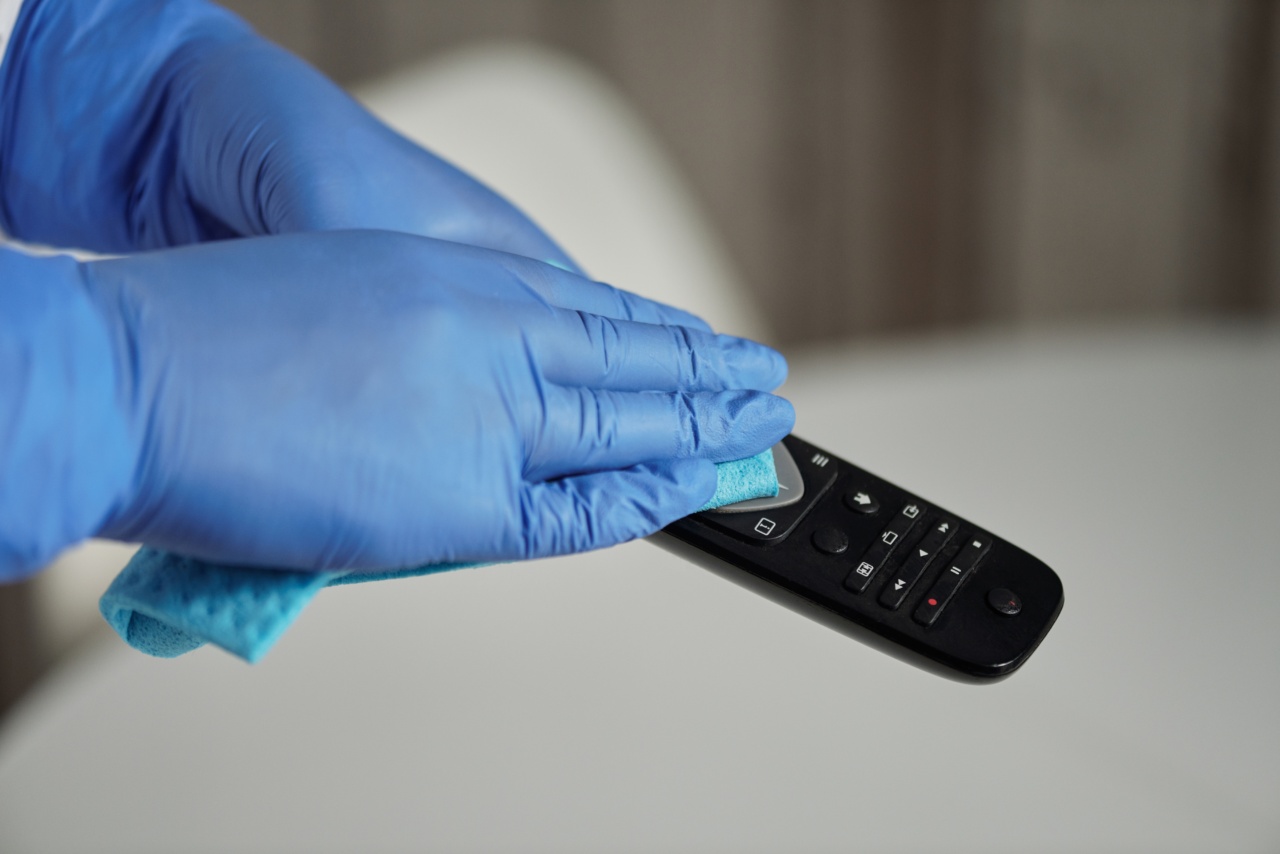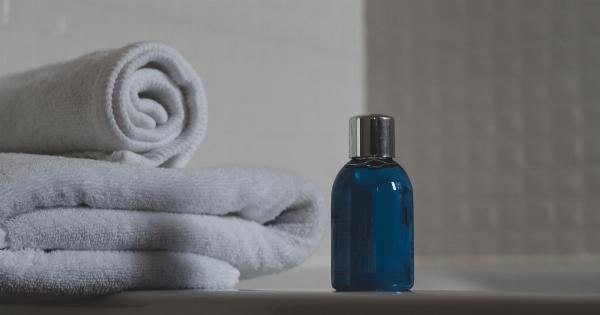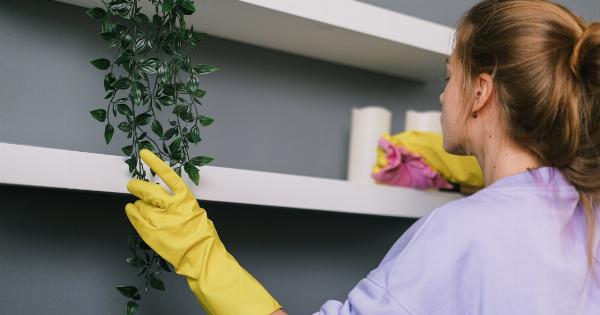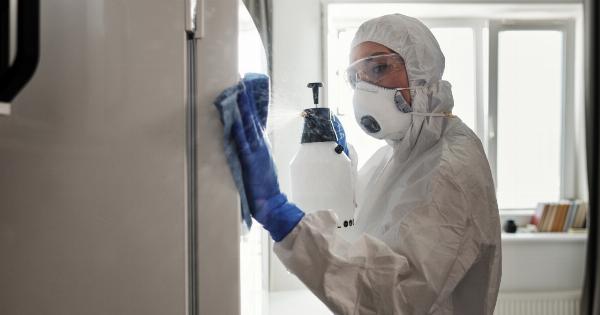Proper hygiene is crucial for maintaining good health and preventing the spread of germs and diseases. However, there are some common hygiene mistakes that people tend to make, which can compromise their health and the health of those around them.
Here are six common hygiene mistakes that you should avoid:.
1. Not Washing Hands Frequently
One of the most important things you can do to maintain good hygiene is to wash your hands frequently. This is especially true after using the restroom, before preparing or eating food, and after being in public places.
However, many people neglect to wash their hands as often as they should.
To wash your hands properly, wet them with water, apply soap, and rub them together for at least 20 seconds. Be sure to scrub the backs of your hands, between your fingers, and under your nails.
Rinse your hands thoroughly with water and dry them with a clean towel or air dryer.
2. Not Brushing Your Teeth Properly
Oral hygiene is just as important as washing your hands. Not brushing your teeth regularly or brushing incorrectly can lead to tooth decay, gum disease, and bad breath. It is recommended to brush your teeth at least twice a day for two minutes each time.
When brushing your teeth, use a fluoride toothpaste and a soft-bristled toothbrush. Hold the brush at a 45-degree angle to your teeth and brush in gentle circles. Don’t forget to brush your tongue to remove bacteria that can cause bad breath.
3. Not Covering Your Mouth and Nose When Sneezing or Coughing
Sneezing and coughing can spread germs and viruses to those around you. Not covering your mouth and nose when doing so can expose others to these harmful particles and increase the risk of infection.
When sneezing or coughing, it is important to cover your mouth and nose with a tissue or your elbow if a tissue is not available.
If you use a tissue, dispose of it immediately and wash your hands afterward. If you use your elbow, be sure to wash your elbow as well as your hands.
4. Not Cleaning and Disinfecting Surfaces Regularly
Germs and viruses can live on surfaces for several hours, and even days in some cases. Not cleaning and disinfecting surfaces regularly can allow these particles to accumulate and increase the risk of infection.
It is important to clean and disinfect frequently touched surfaces such as doorknobs, countertops, and light switches regularly.
When cleaning surfaces, use a disinfectant spray or wipe and follow the instructions on the label for proper use. Be sure to wash your hands after cleaning surfaces that may be contaminated with germs or viruses.
5. Not Washing Your Clothes and Bedding Regularly
Washing your clothes and bedding regularly is important for maintaining good hygiene. Clothing and bedding can collect sweat, oils, and dead skin cells that can harbor bacteria and viruses.
It is recommended to wash clothing after each use and to wash bedding at least once a week.
When washing your clothes and bedding, use hot water and a detergent that contains bleach or a disinfectant. Dry your clothes and bedding thoroughly using a high heat setting.
6. Sharing Personal Items
Sharing personal items such as toothbrushes, combs, and razors can spread germs and bacteria between people. It is important to avoid sharing these items and to use your own personal items instead.
If you must share, be sure to clean and disinfect the item thoroughly before and after use.
By avoiding these common hygiene mistakes, you can maintain good health and prevent the spread of germs and diseases.
Remember to wash your hands frequently, brush your teeth properly, cover your mouth and nose when sneezing or coughing, clean and disinfect surfaces regularly, wash your clothes and bedding regularly, and avoid sharing personal items.






























